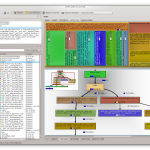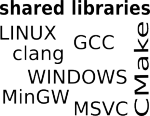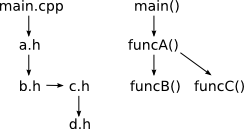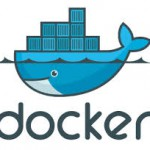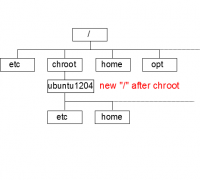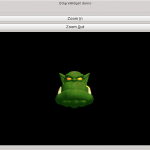In this post I give an overview of my evaluation of three different CPU profiling tools: gperftools, Valgrind and gprof. I evaluated the three tools on usage, functionality, accuracy and runtime overhead.
The usage of the different profilers is demonstrated with the small demo program cpuload, available via my github repository gklingler/cpuProfilingDemo. The intent of cpuload.cpp is just to generate some CPU load - it does nothing useful. The bash scripts in the same repo (which are also listed below) show how to compile/link the cpuload.
→ Read More
